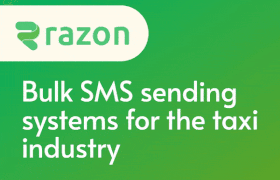PRIME MINISTER TELLS COUNCILS TO PROVE ACTION ON POTHOLES TO UNLOCK EXTRA CASH
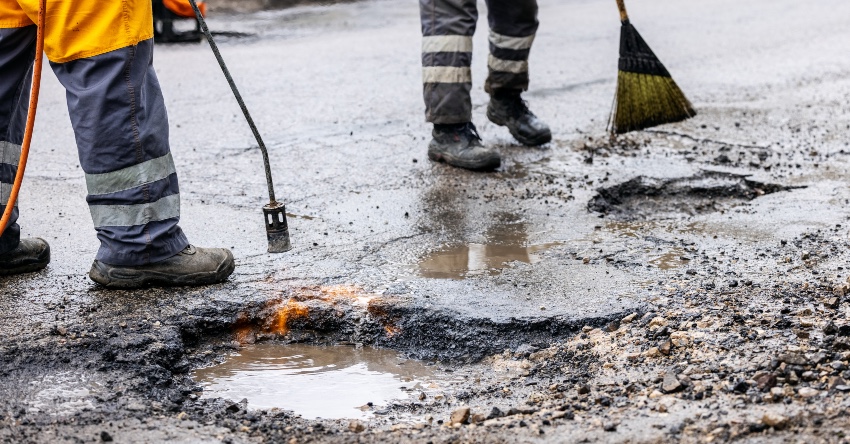
The public will now see exactly what’s being done to tackle potholes, as the Government demands councils prove their progress or face losing cash.
From mid-April, local authorities in England will start to receive their share of the Government’s record £1.6bn highway maintenance funding, including an extra £500m - enough to fill 7 million potholes a year.
But to get the full amount, all councils in England must from Monday, 24 March, publish annual progress reports and prove public confidence in their work. Local authorities who fail to meet these strict conditions will see 25% of the uplift (£125m in total) withheld.
Also today, the Transport Secretary has unveiled £4.8bn funding for 2025/6 for National Highways to deliver critical road schemes and maintain motorways and major A-roads.
This cash will mean getting on with pivotal schemes in construction, such as the A428 Black Cat scheme in Cambridgeshire, and starting vital improvements to the A47 around Norwich and M3 J9 scheme in Hampshire, building thousands of new homes, creating high-paid jobs, connecting ports and airports, to grow the economy and deliver the Plan for Change.
It comes as figures from the RAC show drivers encounter an average of 6 potholes per mile in England and Wales, and pothole damage to cars costs an average £600 to fix.
According to the AA, fixing potholes is a priority for 96% of drivers.
Prime Minister Keir Starmer said: “The broken roads we inherited are not only risking lives but also cost working families, drivers and businesses hundreds - if not thousands of pounds – in avoidable vehicle repairs. Fixing the basic infrastructure this country relies on is central to delivering national renewal, improving living standards and securing Britain’s future through our Plan for Change.
“British people are bored of seeing their politicians aimlessly pointing at potholes with no real plan to fix them. That ends with us. We’ve done our part by handing councils the cash and certainty they need - now it’s up to them to get on with the job, put that money to use and prove they’re delivering for their communities.”
The Transport Secretary, Heidi Alexander, said: “The public deserves to know how their councils are improving their local roads, which is why they will have to show progress or risk losing 25 per cent of their £500m funding boost.
“Our Plan for Change is reversing a decade of decline and mending our pothole-ridden roads which damage cars and make pedestrians and cyclists less safe.”
To ensure councils are taking action, they must now publish reports on their websites by 30 June 2025, detailing how much they are spending, how many potholes they have filled, what percentage of their roads are in what condition, and how they are minimising streetworks disruption.
They will also be required to show how they are spending more on long-term preventative maintenance programmes and that they have robust plans for the wetter winters the country is experiencing – making potholes worse.
By the end of October, councils must also show they are ensuring communities have their say on what work they should be doing, and where.
The public can also help battle back against pothole ridden roads by reporting them to their local council, via a dedicated online portal: https://www.gov.uk/report-pothole
To further protect motorists given continued cost-of-living pressures and potential fuel price volatility amid global uncertainty, the government has frozen fuel duty at current levels for another year to support hardworking families and businesses, saving the average car driver £59.
Read another story
- DUMPHRIES AND GALLOWAY COUNCIL REVIEWING ACCESSIBLE TAXI ACCESS ACROSS REGION
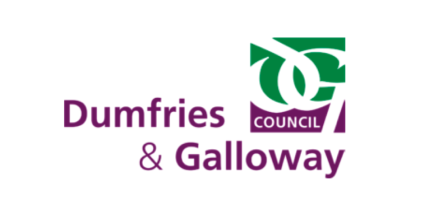
Dumfries and Galloway Council is exploring ways to improve access to taxis and (WAVs) following the findings of an independent survey carried out on behalf of the council.

- HAVE YOUR SAY ON WARRINGTON TAXI LICENSING POLICY CHANGES
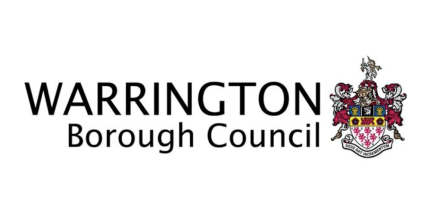
Warrington Borough Council is inviting drivers and members of the public to take part in a consultation on proposed changes to its taxi licensing policy.

- HUNTINGDONSHIRE PRIVATE HIRE LICENCES SUSPENDED AMID SAFETY CONCERNS

Huntingdonshire District Council (HDC) has revealed a concerning number of driver convictions, road traffic accidents, and vehicle defects within its private hire sector, leading to multiple licence suspensions and revoc

- NORWICH BLACK CAB DRIVERS SEEK FAIRER FARES DESPITE PROPOSED INCREASE
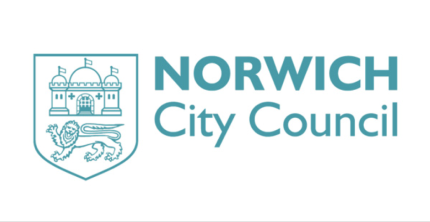
Norwich City Council's proposal to increase hackney carriage tariffs has been welcomed by black cab drivers, but they argue that they still lag behind private hire firms in earning potential.

- POLICE APPEAL FOR WITNESSES AFTER SHREWSBURY TAXI DRIVER ATTACKED

"A taxi driver was pushed and then grabbed around the throat by a man outside of his car," confirmed a police appeal.

- TFL APOLOGISES FOR LICENSING DELAYS LEAVING PRIVATE HIRE DRIVERS STRANDED
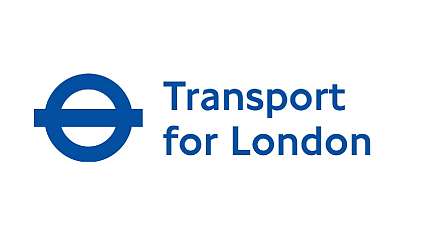
The delays, attributed to issues with a new online system, have caused substantial disruption, with some drivers waiting months for their licences.

- STOKE FIRM APOLOGISES AFTER DRIVER TAKES TODDLER AND LEAVES MOTHER BEHIND

The incident, involving Magnum Private Hire, occurred on 22 March, after the mother booked a ride for herself, her baby, and her toddler.

- GRIMSBY TAXI TARGETED IN BRICK ATTACK LEAVING PASSENGERS SHAKEN
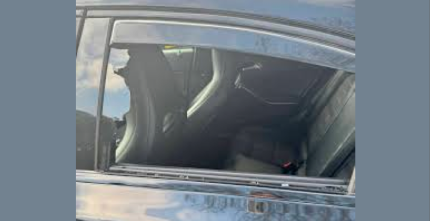
The incident, which occurred at approximately 3:30pm at the junction of Durban Road and Humberstone Road, left a rear window shattered and occupants "extremely shaken," according to witnesses.

- UBER LAUNCHES IN NORWICH SPARKING MIXED REACTIONS

Uber announced its arrival stating it would "give passengers greater transport options" and "provide new earning opportunities for local drivers."

- TFL SETS OUT NEW PLAN TO SUPPORT TAXI TRADE PH INDUSTRY AND PASSENGERS OVER COMING YEARS
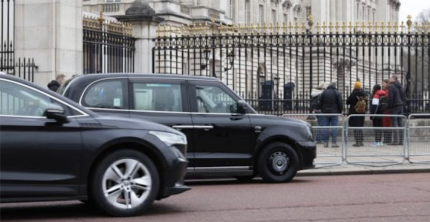
The new Taxi and Private Hire Action Plan sets out a number of bold actions that will help to make positive changes in these industries and enable it to continue to provide excellent services for Londoners

- NORTHERN IRELAND MINISTER LAUNCHES CLASS C TAXI LEGISLATION REVIEW

Northern Ireland's Infrastructure Minister, Liz Kimmins, has announced a phased review of taxi policy and legislation, beginning with Class C taxi licensing, which includes wedding cars and Uber.

- NEWPORT MAN AVOIDS JAIL AFTER BRUTAL WINE BOTTLE ATTACK ON TAXI DRIVER

The incident, which occurred in Abergavenny on 27 February, 2021, also saw Griffiths "charge like a bull" at a police officer attempting to arrest him, punching him in the head.

- AYR TAXI DRIVER ORDERED TO UNDERTAKE TRAINING AFTER TELLING TEENAGER TO 'DROP DEAD'

The teenager alleged that driver Dennis Nutt had been rude and dismissive during the journey, referring to a "junkie" over the radio, which she believed was directed at her.

- UK BOLT WINS TOUR OPERATORS MARGIN SCHEME VAT HEARING AS HMRC APPEAL DISMISSED
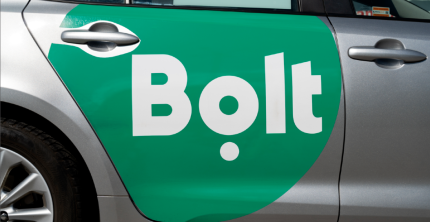
The case centred on whether Bolt’s app-based services, where it acts as principal in supplying transport from self-employed drivers, should qualify under TOMS.

- HEREFORDSHIRE TAXI DRIVERS ACCUSED OF CHARGING DOUBLE FOR COUNCIL SCHOOL CONTRACTS

Herefordshire cabbies are reportedly earning huge sums from council school contracts, leading to claims they are neglecting other fares and leaving residents without nighttime taxi services.

- KENT TAXI FIRMS ATTEMPT TO DEFRAUD COUNCIL OF NEARLY £30,000 IN UNMADE SEN SCHOOL TRIPS

The home-to-school transport (HST) service, which caters to approximately 6,000 special needs pupils and costs Kent taxpayers around £70 million annually, has become a target for fraudulent activity.

- TAXI DRIVER FILMED STUMBLING AND SLURRING AT PETROL STATION CHARGED WITH REFUSING BREATH TEST

The incident, captured on video and obtained by CornwallLive, shows the woman attempting to purchase tobacco after crashing her taxi into forecourt bollards.

- HYNDBURN COUNCIL EYES END TO IN-HOUSE TAXI MOTS AMID DRIVER COMPLAINTS

The proposal aims to provide more choice and flexibility for the taxi trade, support local garages, and stimulate competition to potentially offer better value for money services.

- CONSULTATION LAUNCHED ON PROVISION OF TAXIS AND PRIVATE HIRE CARS IN GLASGOW
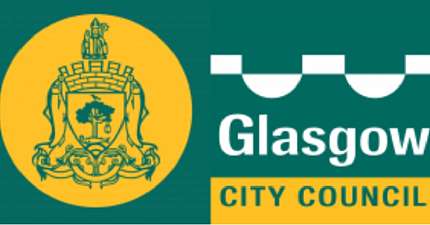
Business leaders, and particularly the nighttime economy trade, have expressed concern about the availability of cars at night and weekends which can deter people from visiting Glasgow city centre at night.

- MANCHESTER AIRPORT TO IMPLEMENT BARRIER FREE PICK UP AND DROP OFF SYSTEM
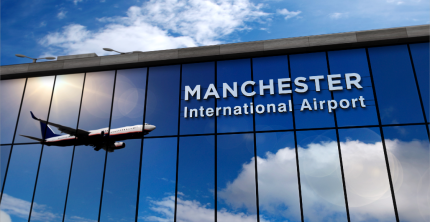
From 26 March to 2 April, exit barriers at the airport's payment zones across Terminals 1, 2, and 3 will be removed.








